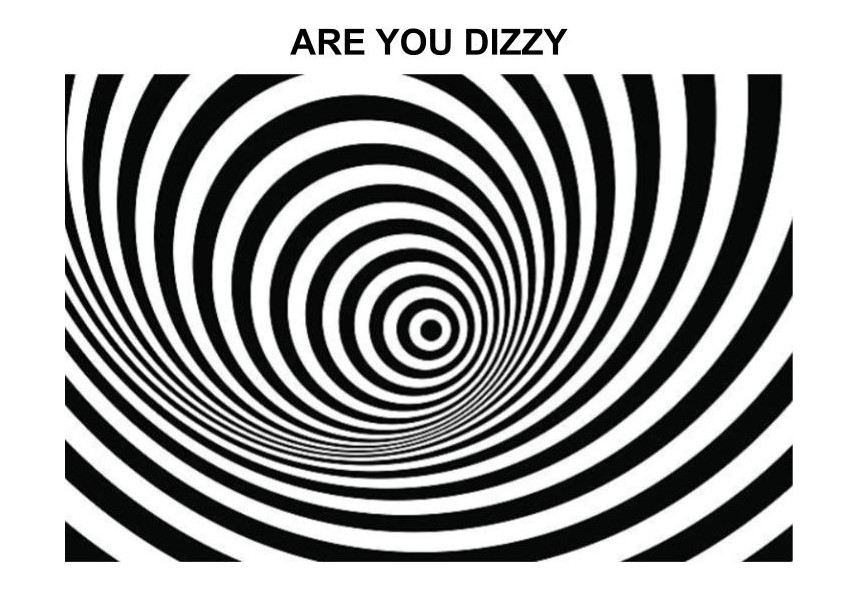
Dizziness can originate from a problem in the nervous system (the inner ear, vestibulocochlear nerve, the brainstem, or the cerebellum) or from systemic causes. Dizziness can be neurological, but it can also be caused by cardiovascular disease, anemia, endocrine issues (i.e. hypoglycemia or thyroid disease), or medications affecting the nervous system. The practitioner can try to determine from a patient’s description whether the symptom can be categorized as one of the following:
Vertigo, a sensation of room spinning or tilting movement, is generally neurologic in origin
Light-headedness can be more cardiovascular in origin
Imbalance can be a gait disorder, which may be neurologic or orthopedic
Other/nonspecific dizziness can psychogenic
Other aids in diagnosis include a history of timing, triggers, and associated symptoms, and whether the dizziness is acute or chronic, continuous or episodic. Possible diagnosis can include stroke, vestibular neuritis, lesion (tumor, Chiari malformation), Meniere’s disease, vestibular migraine, transient ischemic attack, benign paroxysmal positional vertigo. Please call MCHN to make an appointment for a thorough evaluation with one of our caring providers.
–Alice Wong, NP
Berkowitz A.L.(Ed.), (2017). Clinical Neurology and Neuroanatomy: A Localization-Based Approach. McGraw Hill.
